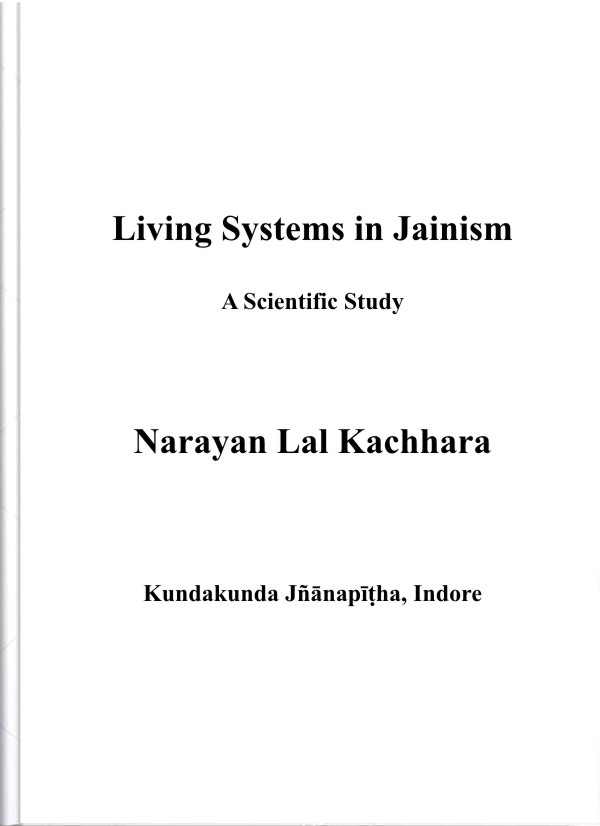The concept of knowledge has been described in Chapter 4. Knowledge is the manifestation of the intelligence (jnana) property of the soul (jiva) with respect to its comprehending capacity. The knowledge generated by the cognition process is stored as bhava karma, which is impurity of the soul. This knowledge is also known as vijnana, i.e. vijnana is the manifestation of the jnana property that is brought about by the cognition process. Vijnana (knowledge) may concern external objects, the body, the mind, or the soul itself. It comprises the information about these objects that is acquired by both direct and indirect methods of cognition. In worldly existence, both jnana and vijnana are important for the soul, as they guide its actions and behavior and affect its performance at all levels, whether personal or social.
The knowledge of a soul may be valid or invalid depending upon whether it describes truth or untruth. This is a point of much debate in philosophy and I present arguments on this issue below.
India is a land of philosophies. Different thinkers have expressed diverse views, and scholars were faced with the problem of deciding the right one. Justifying and arriving at the right view is called nyaya (logic), and the study of this process is called nyaya-shastra. The main parts of this process are
- Soul - the decision taker or analyzer
- Valid knowledge for justification, pramana
- The object of analysis
- The result of the analysis - the decision in favour of the right proposition
Jain philosophy admits that objects have multiple aspects and can therefore be described in many ways, each of which might be correct in a particular context. The knowledge that helps to arrive at the right decision is accepted as valid knowledge, or pramana. The invalid knowledge gives rise to (a) samsaya, doubts; and (b) viparyaya, illusion or misapprehension, i.e. knowing a thing in a form that is not its true form.
 Dr. N.L. Kachhara
Dr. N.L. Kachhara
